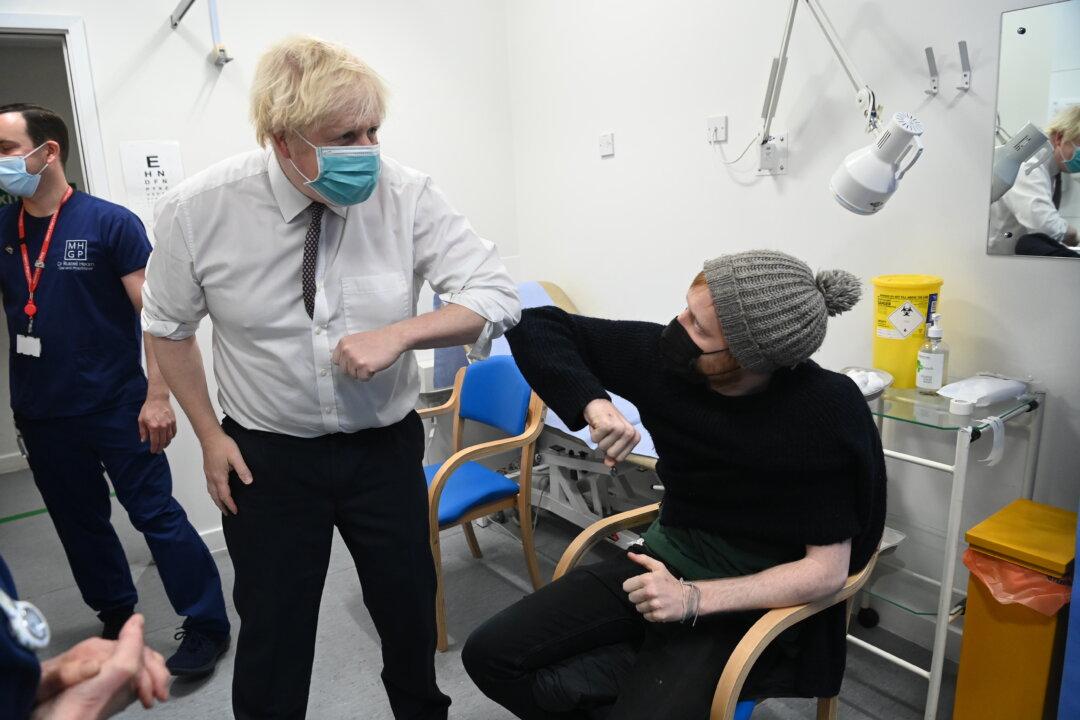British Prime Minister Boris Johnson has rejected a health chief’s call for people not to socialise if they do not need to in the run-up to Christmas.
In response to the potential threat posed by the Omicron COVID-19 variant, the UK government has re-imposed rules requiring face coverings in shops and public transport but did not extend any restrictions to the hospitality sector.





